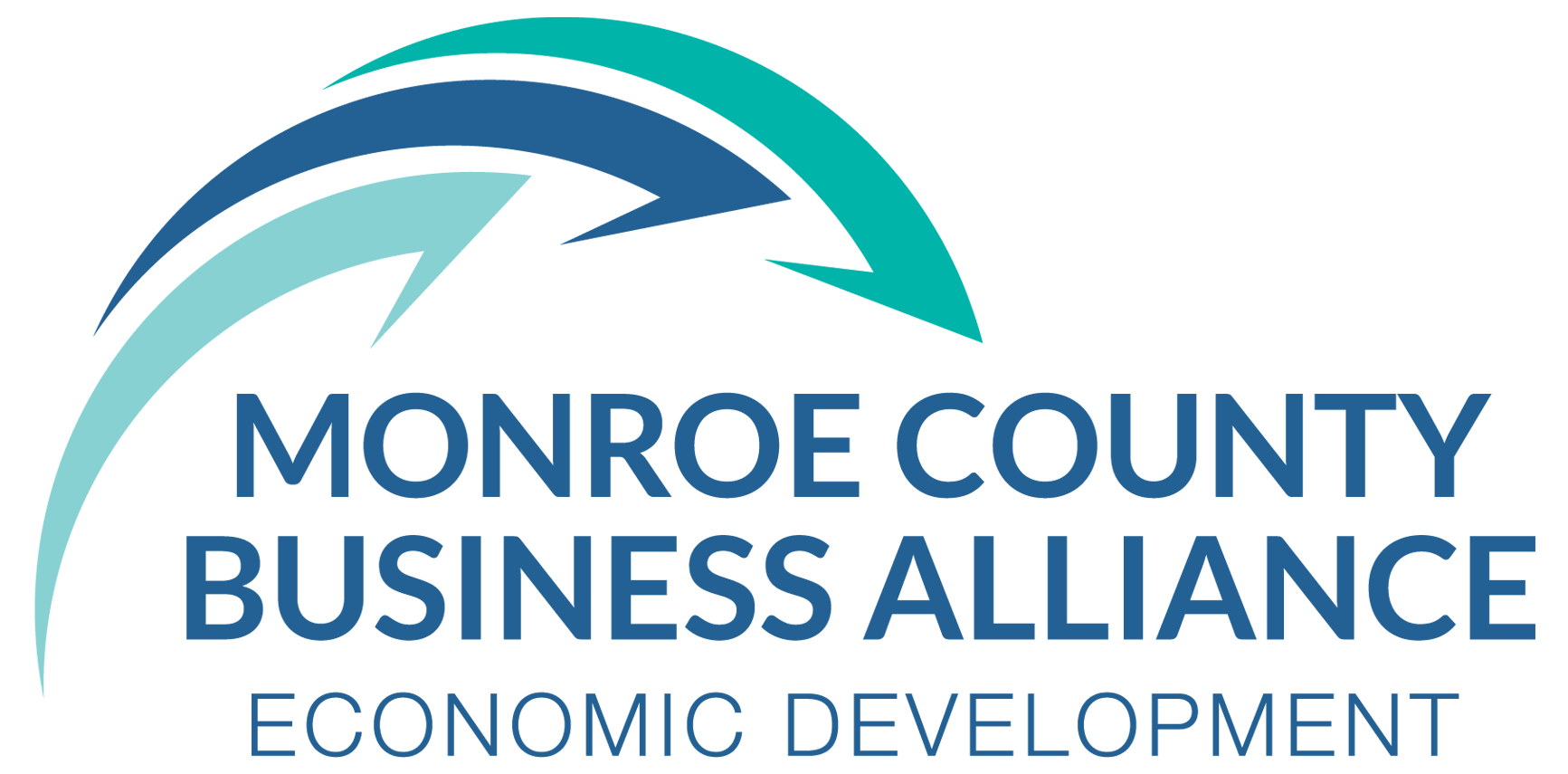WE ARE FOCUSED ON YOU!
Monroe County is open for business and the MCBA stands ready to assist you in all aspects of your analysis and location to Monroe County, Michigan.
As the Cornerstone of Michigan, our strategic location and access to the world provide a gateway to your business that is second to none. We have amazing communites, a talented workforce, and an amenity/recreation list to make most jealous.
We look forward to working with you on your upcoming project and we offer a diverse and expansive knowledge base to help you streamline and navigate your project effectively and efficiently.
The Alliance has a Board of Directors comprised of industry, community, and governmental leaders all focused on the success of Monroe County.






